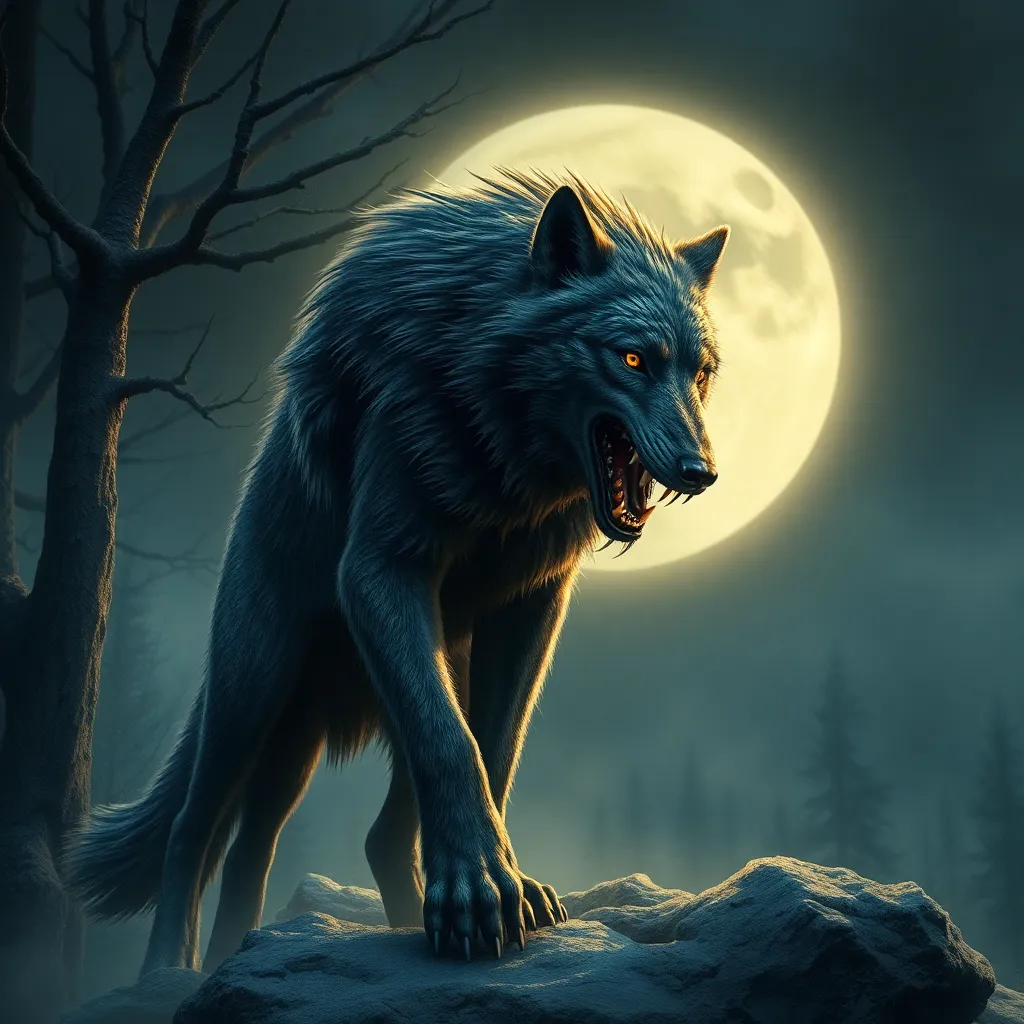The Horse of the Gods: Examining the Use of Pegasus as a Symbol of Divine Authority and Power
I. Introduction
In the rich tapestry of Greek mythology, few creatures are as iconic as Pegasus, the magnificent winged horse. Born from the blood of the slain Gorgon Medusa, Pegasus embodies a unique blend of beauty, power, and divine connection. His image has transcended time, becoming a potent symbol of inspiration and authority. Understanding the role of Pegasus in mythology offers insights into the broader significance of symbols in conveying divine authority and power.
This article aims to explore the mythological origins of Pegasus, his representation as a symbol of divine authority, and his evolution in art, literature, and popular culture. Through this exploration, we will uncover the enduring legacy of Pegasus and the meanings attributed to him across different contexts.
II. The Mythological Origins of Pegasus
A. Birth and lineage of Pegasus
Pegasus was born from the blood of Medusa when she was slain by the hero Perseus. According to myth, as Perseus beheaded Medusa, Pegasus sprang forth from her neck, accompanied by his brother Chrysaor, a giant wielding a golden sword. This extraordinary birth set the stage for Pegasus’s significance in the mythological canon.
B. Key myths and stories involving Pegasus
One of the most notable myths involving Pegasus is his association with the hero Bellerophon. Bellerophon, seeking to defeat the monstrous Chimera, was guided by the goddess Athena to capture Pegasus. With Pegasus’s help, he successfully defeated the Chimera, solidifying their bond and showcasing the horse’s role as a divine ally.
C. Cultural significance in ancient Greece
In ancient Greece, Pegasus was more than just a mythical creature; he represented the connection between the mortal world and the divine. He was often associated with the Muses and the arts, particularly poetry and inspiration. This cultural significance helped solidify Pegasus as a symbol of divine authority within Greek mythology.
III. Pegasus as a Symbol of Divine Authority
A. Connections to the Olympian gods
Pegasus’s connection to the Olympian gods is profound. After his birth, he flew to Mount Olympus, where he became the steed of Zeus, the king of the gods. This association with Zeus not only highlights Pegasus’s divine nature but also reinforces his status as a symbol of authority and power.
B. Representation of inspiration and poetry
As a creature linked to the Muses, Pegasus embodies the spirit of creativity and inspiration. The act of flight itself symbolizes transcending earthly limitations, making Pegasus a powerful metaphor for the creative process. Artists and poets throughout history have drawn upon this symbolism to signify the divine spark of creativity.
C. The role of Pegasus in the establishment of authority
Pegasus also played a role in the establishment of authority in various myths. For instance, his image was often used to signify the triumph of good over evil and the rightful exercise of power. This portrayal reinforced the idea that divine authority was not only a matter of strength but also of moral righteousness.
IV. Pegasus in Art and Literature
A. Depictions of Pegasus in ancient art
In ancient Greek art, Pegasus was frequently depicted alongside heroes and gods. Vases, sculptures, and frescoes showcased the winged horse in dynamic poses, often highlighting his majestic wings and noble stature. Such representations emphasized his divine nature and heroic associations.
B. Influence on Renaissance and modern artistic interpretations
The Renaissance saw a revival of interest in classical mythology, and Pegasus became a popular subject among artists. From Botticelli to Picasso, Pegasus has been reimagined in various styles, often symbolizing artistic inspiration and divine beauty. Modern adaptations continue this trend, showcasing the enduring appeal of Pegasus in contemporary art.
C. Literary references and their implications
Pegasus has also made significant appearances in literature. In works such as Ovid’s “Metamorphoses,” Pegasus is celebrated not only for his beauty but also as a symbol of the poet’s muse. His literary presence serves to highlight the intersection of myth and artistry, reinforcing his role as a source of inspiration.
V. The Transformation of Pegasus in Popular Culture
A. Modern adaptations in film and literature
In contemporary culture, Pegasus has been adapted into various forms of media, including films, books, and video games. His image often portrays themes of heroism and adventure, appealing to modern audiences while maintaining his mythological roots.
B. Pegasus as a symbol in contemporary media
Today, Pegasus is often used as a symbol of ambition and aspiration. Companies and organizations adopt his image to represent flight, freedom, and the pursuit of excellence. His enduring symbolism reflects society’s ongoing fascination with the divine and the heroic.
C. The evolving meaning of Pegasus in today’s society
The meaning of Pegasus continues to evolve. While he once represented the muses of ancient Greece, he now embodies broader themes of creativity, freedom, and the pursuit of dreams. This transformation illustrates how mythological symbols adapt to the values and aspirations of contemporary society.
VI. Comparative Analysis with Other Mythological Creatures
A. Similarities with other divine steeds (e.g., Sleipnir, Unicorns)
Pegasus shares similarities with other mythological horses, such as Sleipnir from Norse mythology and the Unicorn from various cultural traditions. Each of these creatures embodies unique aspects of divinity and power, often associated with specific gods or qualities.
B. Contrasts in symbolism and representation
While Pegasus is often linked to wisdom and inspiration, Sleipnir represents strength and speed, being the eight-legged steed of Odin. In contrast, Unicorns symbolize purity and grace. These differences illustrate the diverse representations of divine authority in mythology.
C. The universal archetype of the divine horse
The archetype of the divine horse transcends cultures, often representing freedom, power, and a connection to the divine. Pegasus stands out within this archetype for his unique connection to creativity and artistic inspiration, making him a multifaceted symbol in mythology.
VII. The Psychological and Cultural Impact of Pegasus
A. The horse as a symbol of freedom and transcendence
The image of a horse, particularly one as majestic as Pegasus, often evokes feelings of freedom and transcendence. In psychological terms, horses can symbolize the untamed aspects of the human spirit and the longing for liberation from earthly constraints.
B. Psychological interpretations of Pegasus in dreams and art
In dream analysis, Pegasus can represent aspirations, creativity, and the pursuit of higher ideals. His presence in art often inspires viewers to reflect on their own journeys toward freedom and self-expression.
C. The enduring legacy of Pegasus in various cultures
Pegasus’s legacy endures across various cultures, symbolizing the universal human quest for inspiration and divine connection. His image continues to resonate, reminding us of the power of myths to inspire and elevate the human experience.
VIII. Conclusion
In summary, Pegasus is more than just a mythical creature; he is a powerful symbol of divine authority, creativity, and the human spirit’s quest for transcendence. From his origins in Greek mythology to his modern interpretations, Pegasus embodies the values and aspirations of humanity across time and culture.
Understanding the significance of Pegasus in mythology offers valuable insights into the nature of divine power and the importance of symbols in our lives. As we navigate an increasingly complex world, the relevance of mythological symbols like Pegasus remains ever significant, reminding us of the enduring power of stories and the ideals they represent.




